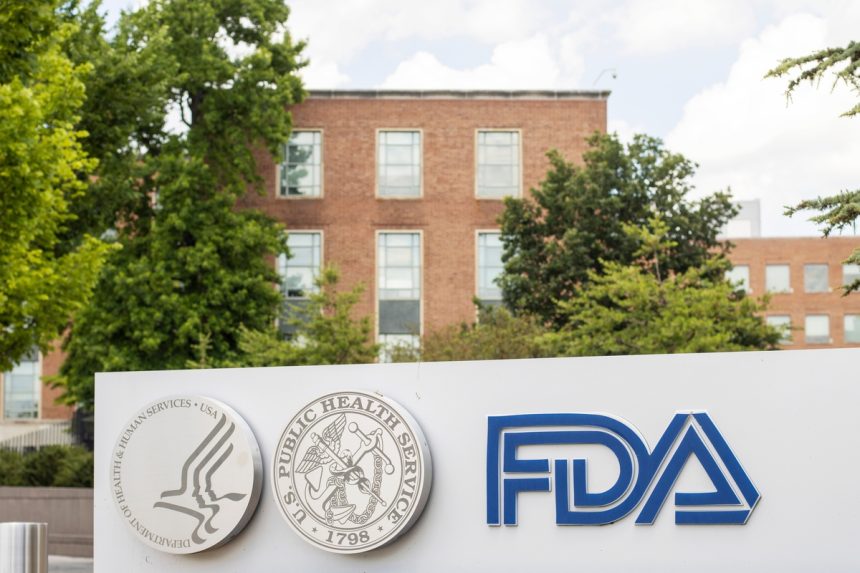The U.S. Food and Drug Administration is facing scrutiny over its recent use of informal “expert panels” that critics say are riddled with conflicts of interest and fringe theories. Spearheaded by FDA Commissioner Marty Makary, these meetings have stirred controversy for promoting unverified claims about antidepressants, hormone therapies, and other sensitive health issues. Former FDA officials warn that these panels are bypassing traditional safeguards and could mislead the public under the guise of scientific authority.
Sidestepping the Standards of Scientific Review
Traditionally, the FDA consults its more than 30 advisory committees composed of carefully vetted scientists, doctors, and public health experts. These panels are subject to stringent transparency rules — from public comment periods to financial disclosures. However, Commissioner Makary has shifted course, forming ad hoc expert meetings with individuals often lacking neutrality.
“These meetings are a chance to advance RFK’s pet peeves — talc, antidepressants, fluoride — with people who have been handpicked,” said Dr. Peter Lurie, former FDA official and now president of the Center for Science in the Public Interest.
A spokesperson for Health Secretary Robert F. Kennedy Jr. declined to comment on specifics but defended the effort as an attempt to “apply rigorous, evidence-based standards to ingredient safety and modernize regulatory oversight.”
Antidepressants Panel Promotes Discredited Claims
The July panel on antidepressants during pregnancy drew sharp criticism. Several panelists had testified in lawsuits alleging antidepressants cause autism, birth defects, and even homicidal behavior — claims unsupported by mainstream science.
“It’s never been possible to identify a group of people who do particularly well on antidepressants,” argued Dr. Joanna Moncrieff, a British psychiatrist known for her critical stance on psychiatric drugs.
The American College of Obstetricians and Gynecologists slammed the meeting as “alarmingly unbalanced” and full of “outlandish and unfounded claims.” Dr. Nancy Byatt of the University of Massachusetts emphasized, “The best thing [mothers] can do for themselves and their baby is to get the treatment that they need.”
Hormone Therapy Meeting Marked by Industry Ties
An August panel focused on estrogen-based drugs for menopause reversed course by advocating for the removal of boxed warnings, which currently highlight serious risks like stroke and blood clots. Many participants were physicians who promote hormone therapies and consult for pharmaceutical companies.
FDA Commissioner Makary has described hormone therapy as “basically a modern-day miracle” — a view not shared by leading health authorities. Official guidance advises against using the drugs for chronic disease prevention due to insufficient benefit.
In response, nearly 80 researchers sent a letter urging the FDA to hold an official advisory meeting instead of relying on a “two-hour meeting of hormone proponents.”
Risk of Misuse in Regulation and Litigation
These unofficial panels omit critical features such as conflict disclosures, public input, and written scientific positions from FDA staff. According to Genevieve Kanter of USC, “They seem more designed as a forum to put a stamp of approval on predetermined opinions.”
Legal experts warn that using these sessions as a basis for regulation could expose the agency to lawsuits. More troubling, the panels’ findings may be cited in court cases as if they reflect scientific consensus — when they do not.
“If you really wanted to be transparent,” said Lurie, “you’d put together a balanced panel of experts, who have been carefully screened for conflicts and you’d invite the public in. But that’s the antithesis of what’s going on in these cases.”
Transparency Questioned in FDA’s New Direction
As the FDA continues to convene panels that echo the ideological views of leadership rather than scientific consensus, critics worry the agency’s credibility and public trust are at stake. Whether these meetings influence policy or remain symbolic, they are undeniably shifting the tone of FDA oversight — from regulated transparency to opaque advocacy.






